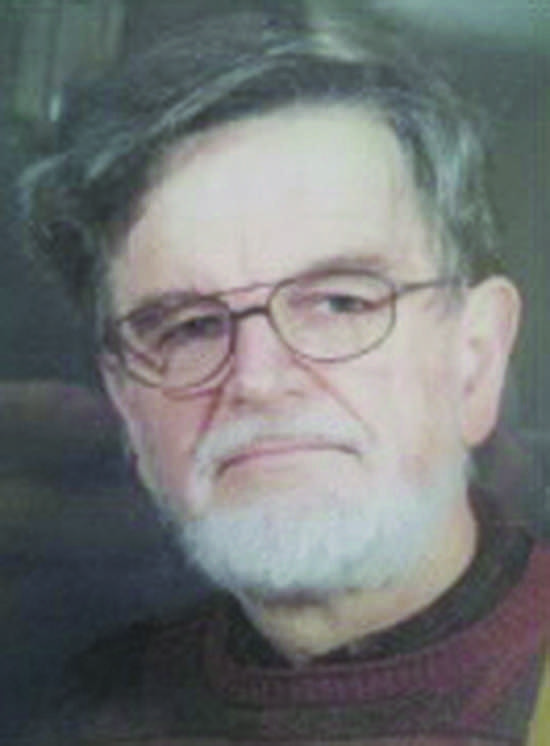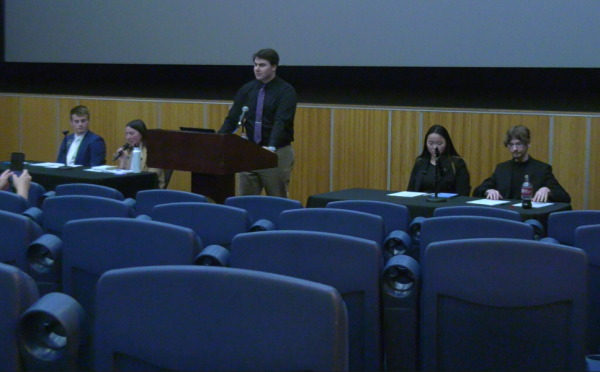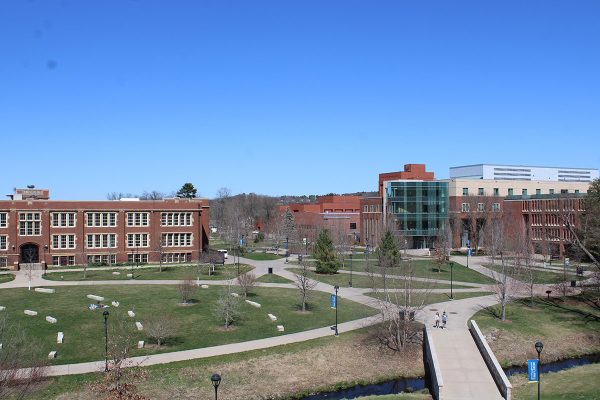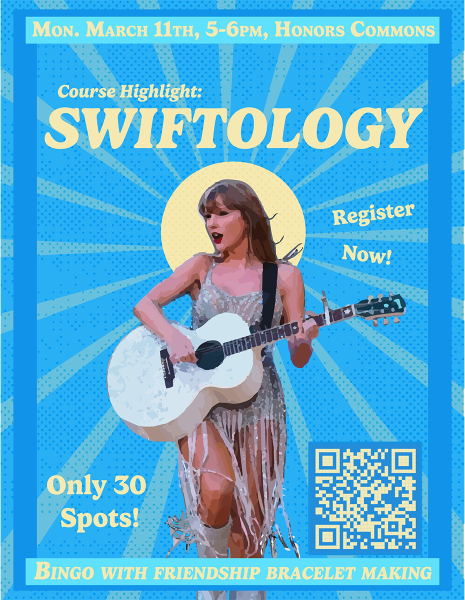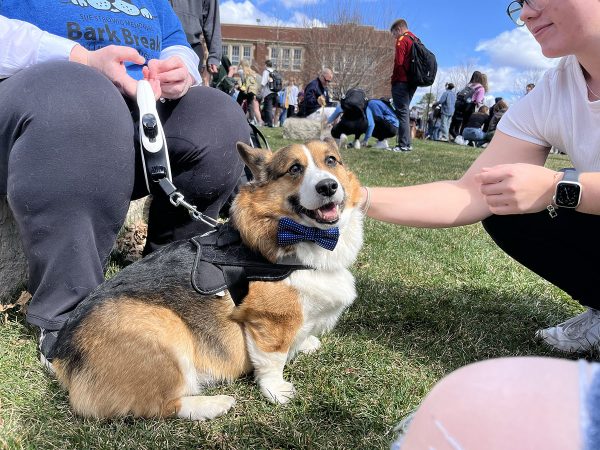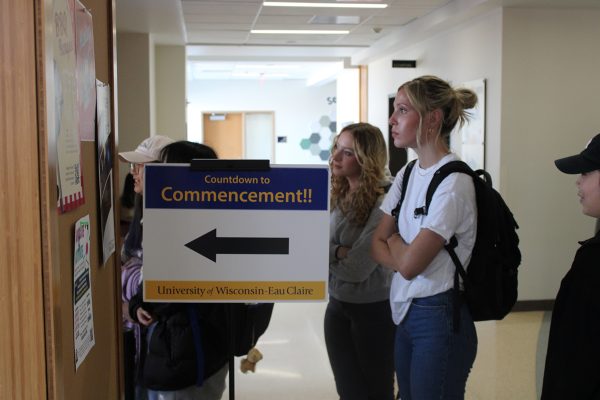Meet Your Professor
Paulis Lazda, History
March 26, 2014
Elizabeth Jackson: Why did you start teaching and how did you get interested in history.
Paulis Lazda: I think I’m a very, very lucky person in many ways. In that respect, also, that I had an interest which turned into a passion, which turned into an academic commitment from a very early age. … There’s the joke, it’s easier for me to teach this because I’ve lived much of it. Well, that’s a joke, obviously, but I have witnessed as a child, wars, the consequences of wars, the experiences of my own once-removed relatives. In the Gulag, the Holocaust and so on. … I had never any question that I would be teaching history — what level and what history, those are details. That’s why I keep teaching. I find history to be, really an area of discovery. It’s like peeling back the onion. Every time that you do that there is some new aspect, some new discovery. One of the pleasures of teaching is to see some of the students, unfortunately not all, but many students, share this sense of discovery. There is a spark in their eyes, there is the ‘ah-ha’ moment.
EJ: How long have you been at Eau Claire?
PL: My answer nowadays is forever. But seriously I came here with I think nine other colleagues at that same time, in 1967.
EJ: How has the University changed since then?
PL: It has changed in many interesting and positive ways. What I do miss in this time is that there is not the diversity of ideas that we had in the ‘60s. Perhaps it was natural and easy because of the controversies over the Vietnam War. But there was a vigorous, ongoing debate and argument. Very respectful, also, I should say, between the one and the other point of view. And I miss that very much. I think the university is enriched by offering students a variety of ideas instead of one truth.
EJ: Could you tell me a little bit more about your background?
PL: It was, in many ways, shaped by world events. My family, when I was very, very young, and I don’t remember that, experienced the terror of Soviet Russia when it was invade the country I was born in, Latvia. And then when they returned were intent, and of course it happened, to continue the terror of arrest and execution and exile. My family then picked up and left, for a time working in a labor camp in Nazi Germany. Then, as the situation changed, we walked for about two or three hundred miles to reach the American lines. That was the reward. And we were safe. Of course, the pain of leaving the native land was continuing. We spent five or so years in refugee camps and then came to the United States, which provided the safety and the opportunities that no other place does. So most of my life has been, in a way in an exile. We were not immigrants. We were not looking for a better life. Which of course we do enjoy. We had to leave the land, which was coming under a foreign and terroristic regime. Eau Claire has been our home for longer than any place in my life. I married my wife here, and our children grew up and our grandchildren are coming back.
EJ: What advice would you give to your students, in general, if they came and asked you for any?
PL: One is get to know your teachers. Very, very important. Learning is so much better when the teacher is a human being. And when the student is a human being, instead of just a name.

